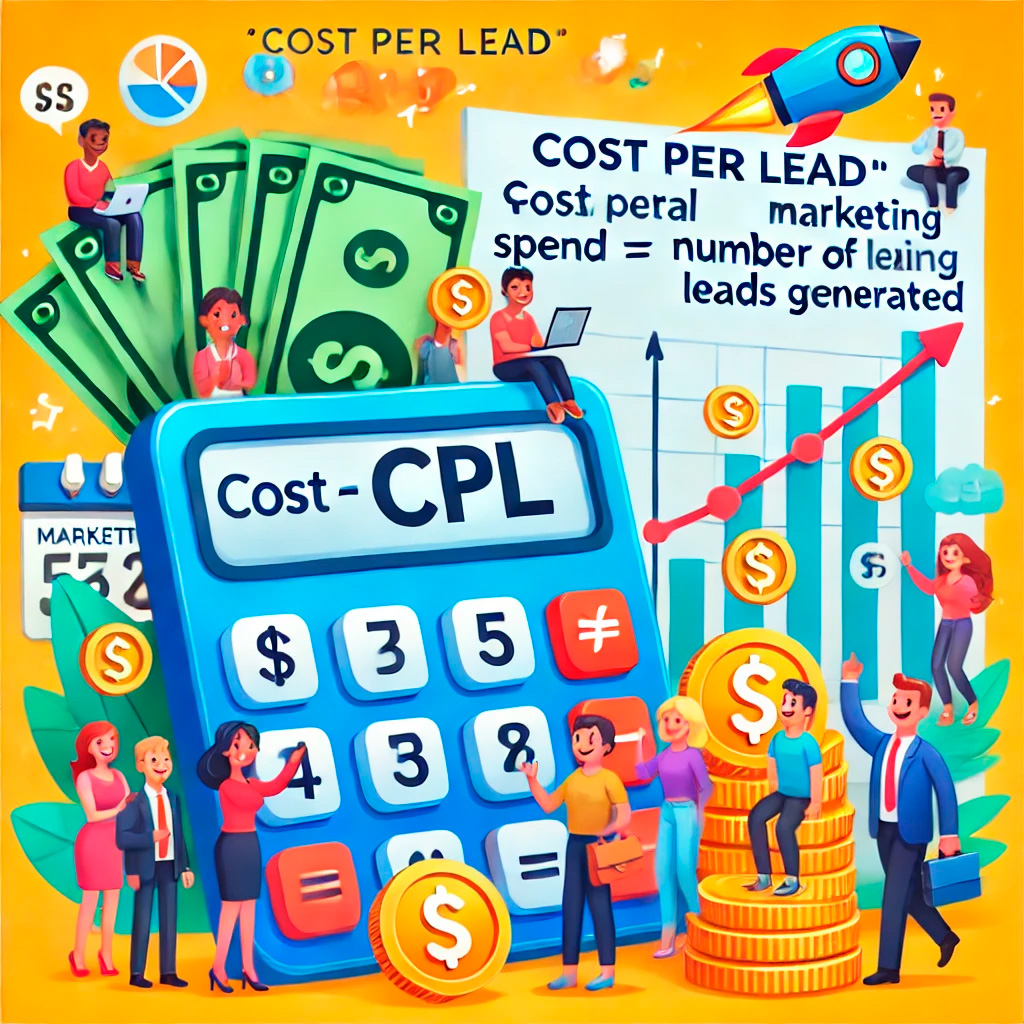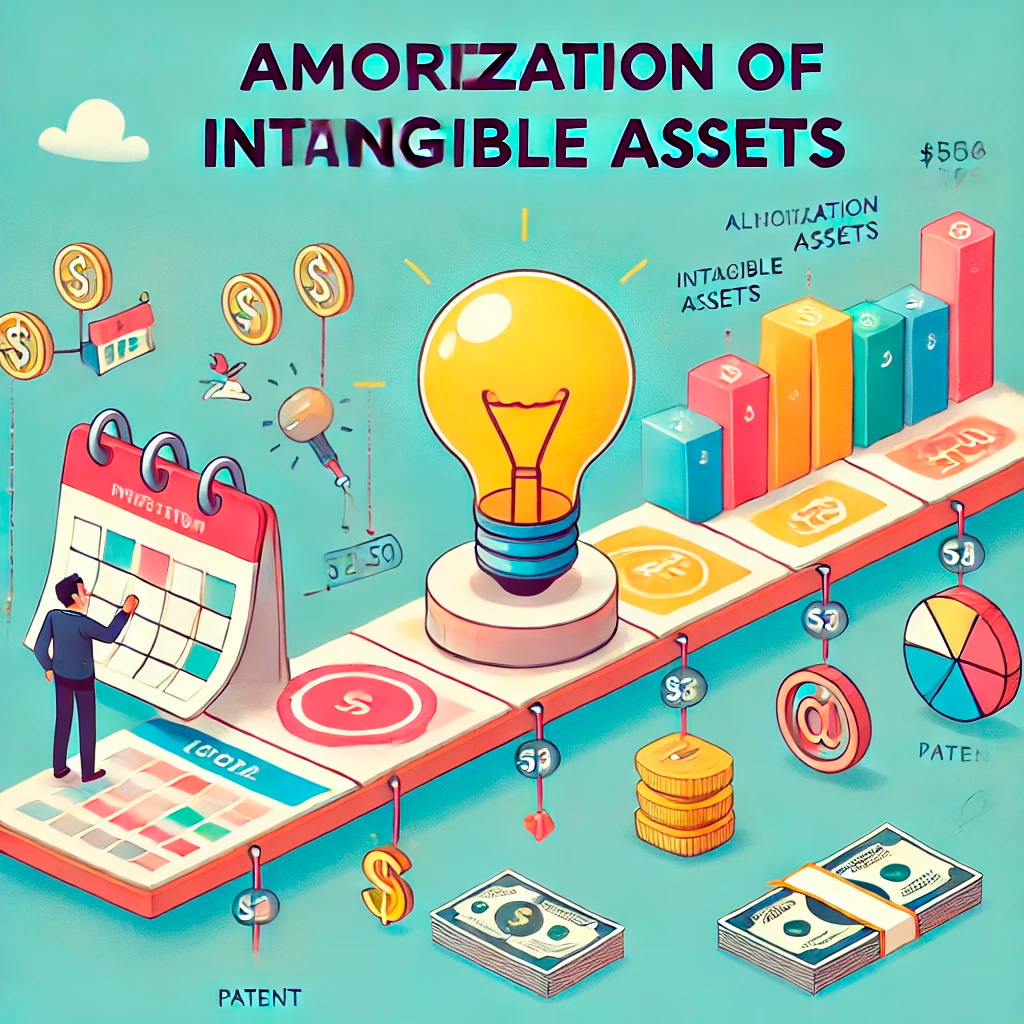Adlega Blog:
-

Cost Per Lead (CPL)
What Is Cost Per Lead? Cost Per Lead (CPL) is a marketing metric that measures how much it costs to generate a new lead. A lead is a potential customer who has shown interest in your product or service by taking a specific action, like filling out a form or requesting more information. How to…
-

A/B Testing
What Is A/B Testing? A/B testing, also known as split testing, is a method of comparing two versions of a webpage, app interface, email, or other marketing asset to see which one performs better. How A/B Testing Works 🧪 Here’s a step-by-step process: 1. Form a Hypothesis 🤔 Start with what you want to test…
-

Trial
What Is a Trial? In business, a trial is a period during which a potential customer can use a product or service, usually for free or at a reduced cost, before deciding whether to become a paying customer. Common Types of Trials Free trials: Full access for a limited time 🕒 Freemium: Basic features free,…
-

Channel Sales
What Is Channel Sales? Channel sales is a distribution model where a company sells its products or services through third-party partners, rather than (or in addition to) selling directly to customers. These partners form the company’s “sales channel.” Key Players in Channel Sales Resellers: Businesses that buy and sell products 🏪 Distributors: Intermediaries managing logistics…
-

Email Marketing
What Is Email Marketing? Email marketing is a digital marketing strategy that involves sending emails to a group of people to promote products, share news, or build relationships. It’s like having a direct line to your customers’ (or potential customers’) inboxes. Key Components of Email Marketing Building an email list: Collecting subscribers’ contact information 📋…
-

Conversion and Conversion Rate
What Is a Conversion? A conversion happens when a visitor to your website or app takes a desired action. Examples of a conversion could be: Making a purchase 🛒 Signing up for a newsletter ✉️ Downloading an e-book 📚 Filling out a contact form 📝 Creating an account 👤 Basically, any action that moves a…
-

R&D (Research and Development)
What Is R&D? R&D stands for Research and Development. It’s the process of creating new products, improving existing ones, or discovering new knowledge that can lead to future innovations. What Does R&D Include? Basic research: Expanding scientific knowledge Applied research: Solving specific problems Development: Creating new products or improving existing ones 👆 Fun fact: Some…
-

S&M (Sales and Marketing)
What Is S&M? S&M stands for Sales and Marketing. It’s the combination of activities a company undertakes to promote its products or services and convert interested parties into paying customers. Components of S&M Marketing: Brand management Advertising Public relations (PR) Market research Sales: Direct selling Account management Sales strategy Customer relationship management (CRM) 👆 Fun…
-

G&A (General and Administrative Expenses)
What Is G&A? G&A stands for General and Administrative expenses. These are the costs a company incurs to keep its daily operations running smoothly, regardless of its production or sales volume. Think of it as the oil that keeps the business machine humming along. Common G&A Expenses Executive salaries Rent and utilities Legal and accounting…
-

Bad Debt and Fraud
Understanding Bad Debt and Fraud Bad debt is money owed to a company that is unlikely to be paid. It’s like lending your umbrella to a friend on a rainy day and never seeing it again. 🌧️☂️ Fraud is when someone deliberately deceives you for financial gain. It’s like someone using a fake ID to…
-

CAGR (Compound Annual Growth Rate)
What Is CAGR? CAGR stands for Compound Annual Growth Rate. It’s a measure that tells you the rate at which an investment would have grown if it grew at a steady rate every year over a specific period. The Formula for CAGR CAGR = (Ending Value / Beginning Value)^(1/n) – 1 Where: Ending Value: The…
-

Amortization
What Is Amortization? Amortization has two main applications in the financial world: For intangible assets: Spreading the cost of an intangible asset over its useful life. For loans: Spreading out loan payments over time, gradually reducing the loan balance. Amortization of Intangible Assets This applies to assets like: Patents Copyrights Trademarks Goodwill Software (in some…
Got any book recommendations?